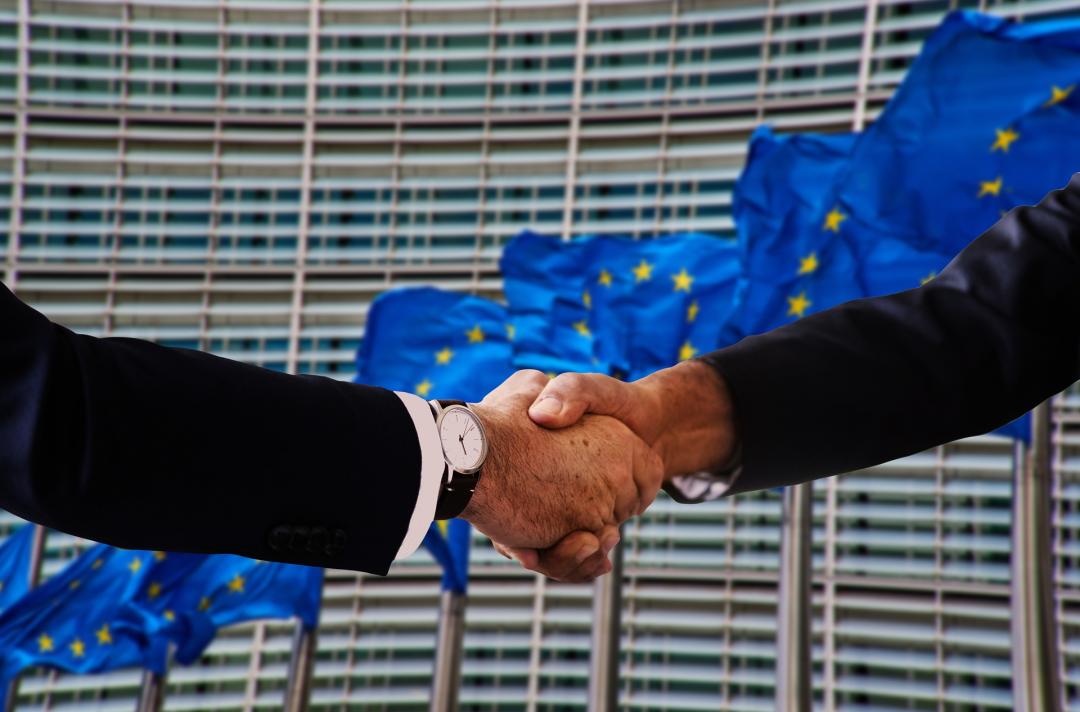
Second round of EU-mediated negotiations kicks off in Georgia

On 28 March, the EU appointed mediator Christian Danielsson returned to Georgia to continue the talks between the government and opposition to overcome the political crisis.
“Now it is the time for compromise and compromise is not a sign of weakness, compromise is a sign of strength, compromise shows that democracy in Georgia works, compromise is the European way,” he said. Danielsson already conducted meetings with US (Kelly Degnan) and EU (Carl Hartzell) ambassadors to Georgia, with the country’s President Salome Zourabichvili, Prime Minister Irakli Garibashvili as well as with several civil society organisations (CSOs) in Georgia. Danielsson noted that he remotely talked to seven key members of the European Parliament to discuss the steps ahead. He also added that he had contacts in Brussels with all those European institutions that are engaged in relations with Georgia.
It should also be noted that prior to Danielsson’s second visit twelve CSOs called to enhance public communication on the mediation results and the responsibilities of political parties in the process. The organisations said they regret that the negotiations behind the closed doors were previously “less transparent,” allowing the ruling Georgian Dream and the opposition parties to trade accusations for the failure in reaching the deal.
Georgia’s Prime Minister Irakli Garibashvili said that the ruling Georgian Dream party (GD) was ready for a “constructive dialogue” with the opposition to solve the current political tension “as soon as possible” while speaking with Danielsson. Garibashvili’s press office reported that Garibashvili and Danielsson discussed the most controversial issues between the Georgian political parties. They stressed the importance of rule of law and the respect to democratic institutions, as well as the conclusion of OSCE/ODIHR election observation mission which said that 2020 parliamentary elections in Georgia were free and competitive.
However, Garibashvili clearly stated afterwards that there would be no early elections held in Georgia. “There will be no early elections in the country. This issue is out of the discussion. EU official representatives, the US State Department, the Senate, OSCE/ODIHR and others have issued their statements on this issue. The whole world recognised our elections and congratulated us. What elections are you talking about?” he told the reporters. The GD chairman Irakli Kobakhidze also stressed the same, adding that no early elections in any case would be held. “This is a given in all cases, no matter what we discuss. Even if we theoretically consider opposition demands regarding potential early elections, they will lose everything, the plebiscite, the local elections, the referendum. They will lose early elections. The fact is that there will be no snap elections. It is not an ultimatum, it is a given fact,” he stated.
Eight opposition parties released a joint statement before Danielsson’s arrival, which said that they were ready to become engaged in the parliament work if they reach an agreement with the government. According to the statement, the opposition parties demonstrated maximal flexibility against the rigid positions of the GD during negotiations. The opposition parties thanked the EU officials for mediating the negotiations in an effort to diffuse and resolve the political crisis in Georgia. At the same time, they claimed that they cannot turn a blind eye to the issues that would strengthen the authoritarian regime, emphasising that the GD party denied the existence of political prisoners and declared early elections to be a red line.
“We expect that the Georgian Dream will make a step toward the Georgian people, European Union and our strategic partners,” said Khatia Dekanoidze from the opposition United National Movement (UNM) party. The representatives of the Strategy Aghmashenebeli party said that the joint statement was a “tactical mistake” because it meant drawing lines before consultations that reduce the space for negotiations and the possibility of reaching an agreement.
See Also


Armenia Records 5.9% GDP Growth in 2024, Missing 7% Goal

Yerevan Balances Strategic Ties with Both US and Russia, Says Foreign Minister

FM Mirzoyan: Peace Deal with Azerbaijan Is Within Reach

Pashinyan and Erdogan Hold Call, Reaffirm Commitment to Ongoing Dialogue

